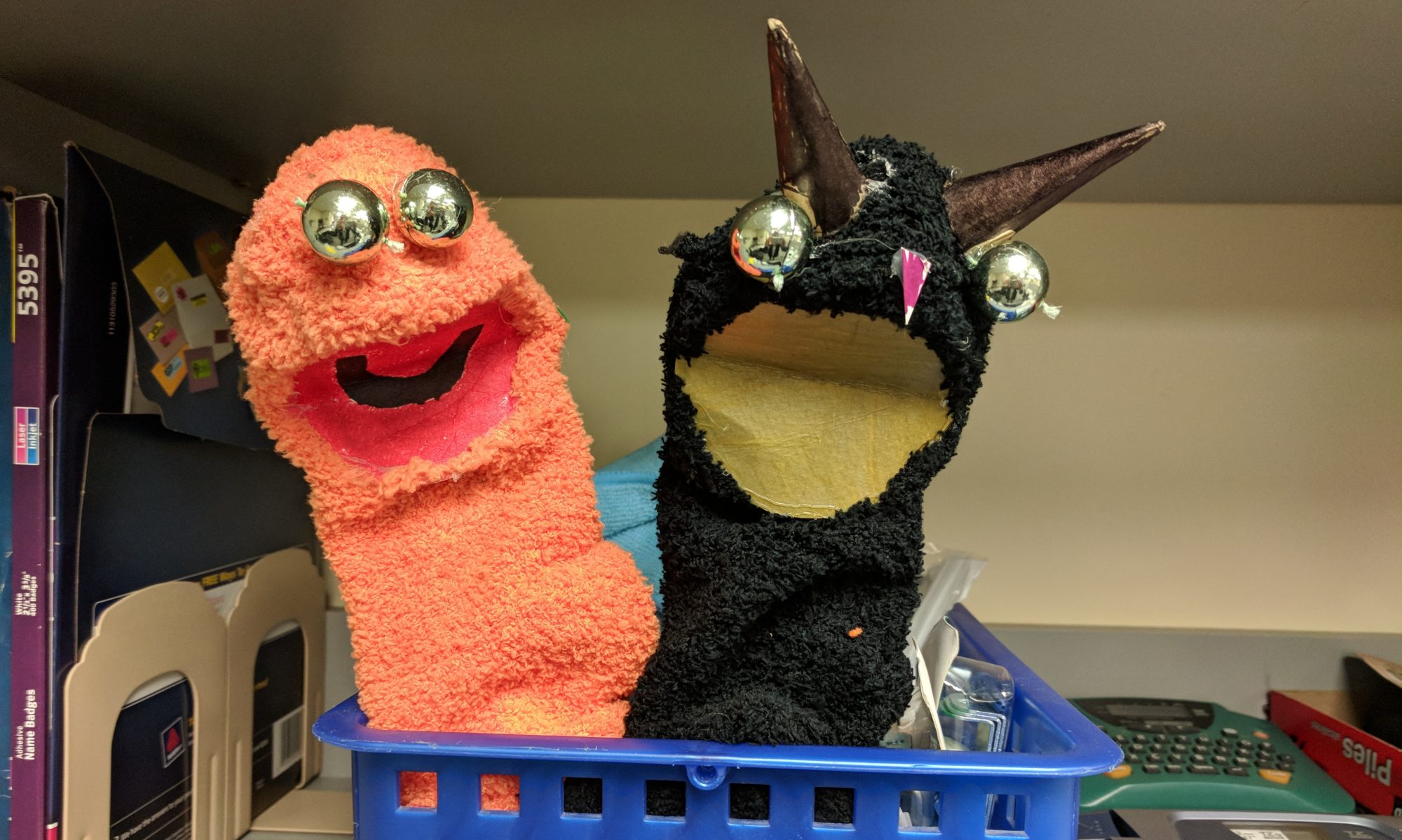
I’m excited to announce the launch of Liz Beck Designs, a personalized web design service for mental health practitioners!
As readers of this blog, you know how large a role technology plays in our lives. It’s not hard to imagine that clients will overlook therapists who don’t have an online presence. Having a website is an effective method of establishing credibility among clients and professionals in your field, and it’s the best way to demonstrate your values and expertise to a wide audience.
Keeping your web presence up-to-date is also a vital part of connecting to new clients. Your website is a reflection of who you are as a therapist. If your website looks like it was built 10 years ago, prospective clients and colleagues will recognize this. They may wonder how current you are in your therapeutic practice, or how convenient it will be to work with you.
I offer a wide range of services, helping to enhance your practice. For example, reduce the number of no-shows with a web scheduler, allowing clients to book and cancel appointments directly on your website. Or, with an integrated PayPal system, allow clients can easily pay for their sessions before sessions begin – or even from your office computer – with the option of using a credit card.
I’m also interested in the ethical considerations and effects of integrating technology into one’s therapeutic practice. I keep myself educated on this issue through continuous study and writing about ethics, technology and the therapeutic world. I am available for consultations, increasing your confidence that your online presence is meeting the same ethical standards you strive to respect with your off-line interactions with clients.
Lastly, to thank you for being a regular reader of my blog, I’m offering a limited-time 10% discount on your Liz Beck Designs order. Just email me your information, what theme/package you’re interested in and include the promo code: BLOG.
I hope to hear from you soon!

